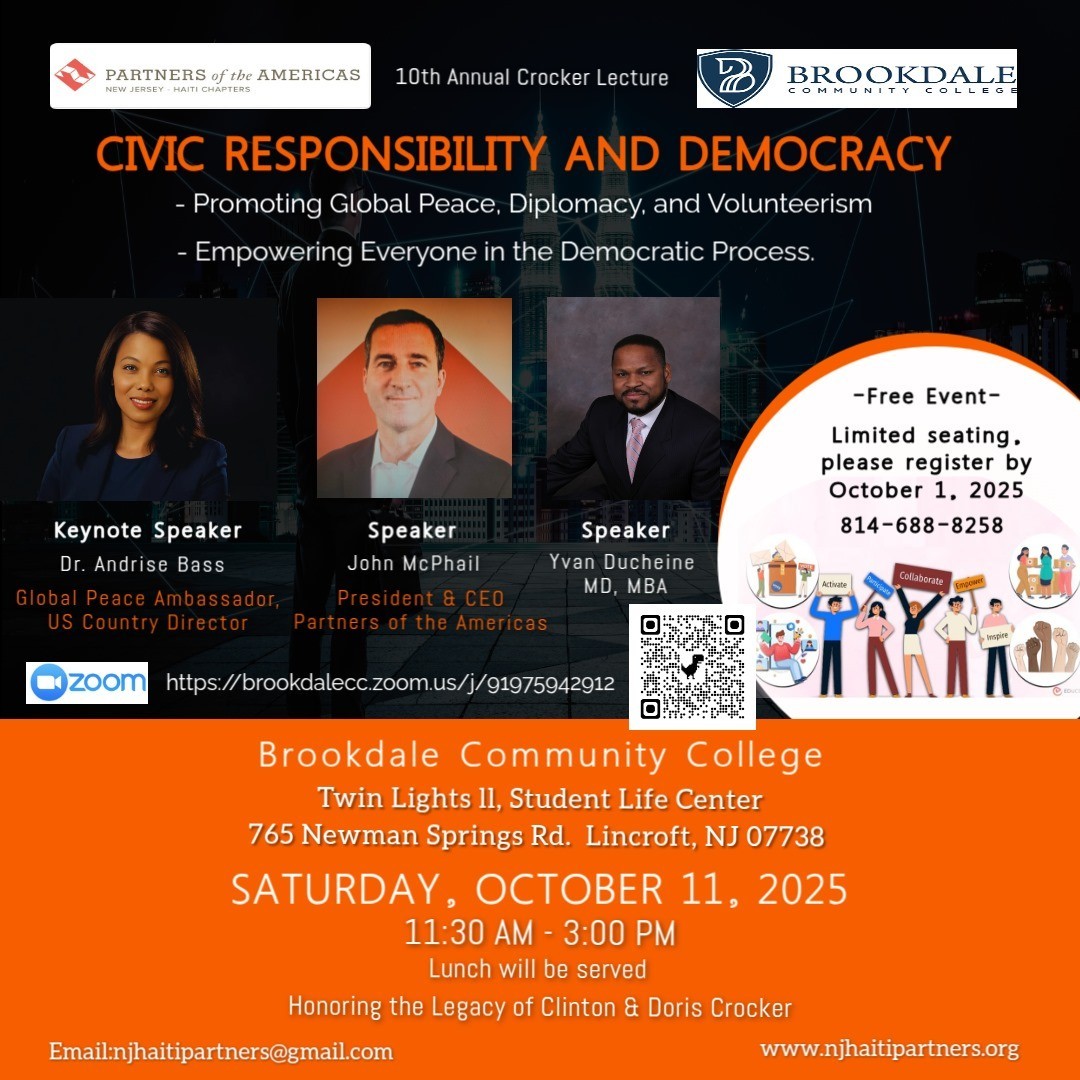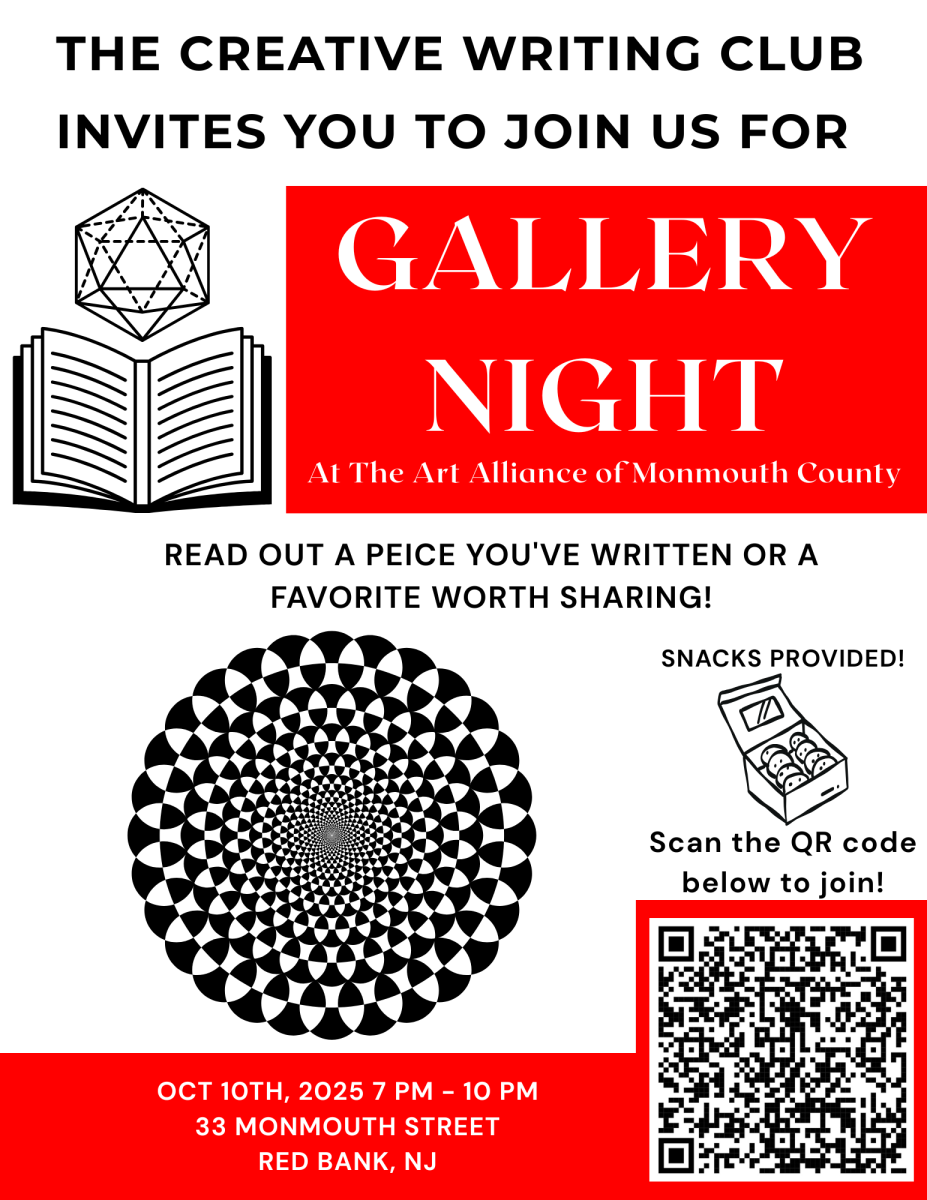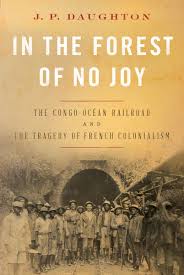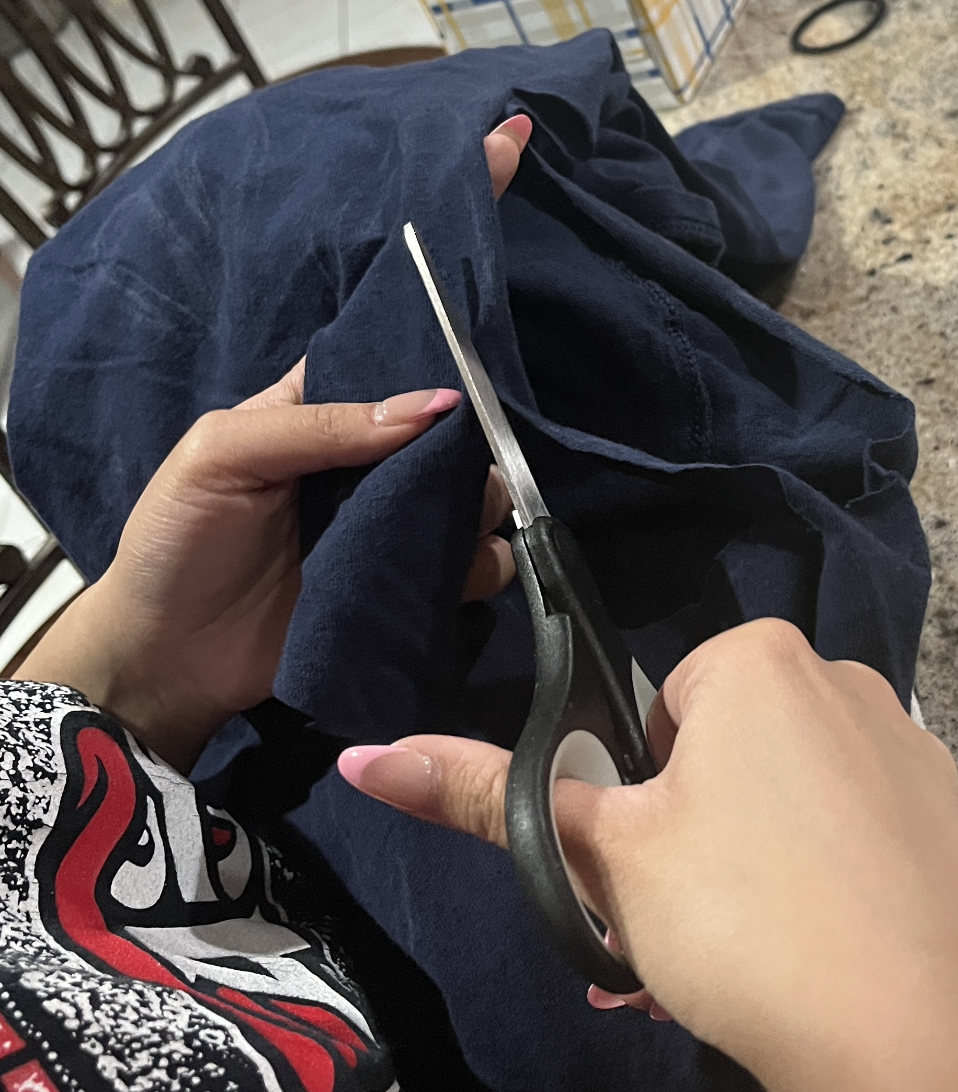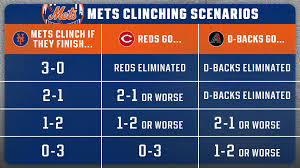Broadway’s New Cinderella, Bad, But Not Rebellious
February 27, 2023
Andrew Lloyd Webber has six Tony awards, an Emmy, three Grammys and an Oscar. He has also been inducted into the American Theater Hall of Fame and Songwriters Hall of Fame. If you visit Hollywood, you can also find his star on the Walk of Fame on the north side of the 6200 block on Hollywood Boulevard. His contributions to the musical theater canon are historical, and he is undoubtedly one of the greats.
His newest venture “Bad Cinderella” had its first public preview on Feb. 17. I was lucky enough to snag a ticket, something I had done months in advance. The attendance itself at the premiere was excellent. The line to get into the theater was so long that ushers from inside the theatre came out to handle crowds. They also handed out buttons with the show’s logo and a QR code on the back to follow the show’s social media.
Unfortunately, this is where my positive experience with “Bad Cinderella” ends. And while the show is still in previews and may evolve some before its official opening, the show is an undeniable mess. The book is scattered and extremely uninteresting. The score has its lush moments, thanks to its fabulous orchestration. Most of the songs, however, are dull and lifeless, with repetitive melodies and disjointed lyrics. “Bad Cinderella” is in fact bad, and it’s not getting better anytime soon.
In this “modern” Cinderella, there is nothing inventive or surprising. “Bad” Cinderella is an outcast in a town obsessed with beauty. She resides with her stepmother and stepsisters who treat her unfairly. She rebels by defacing town property and dressing like Buffy The Vampire Slayer.
Prince Sebastian, disliked by the town due to his brother’s absence, befriends Bad Cinderella. Prince Sebastian’s mother, a ditsy queen, tells him he must find a wife in order to appease the town. His wife will be chosen at a ball. Bad Cinderella reinvents herself and attends the ball in an attempt to win his affection.
The plot just can’t deliver on its premise. Bad Cinderella is not ugly, nor is she any less beautiful than her fellow townsfolk. The “vain” message expressed by the townsfolk, is spoon-fed to the audience. “Our town Bellville is a place so picturesque, make every other town jealous! Beauty is our duty!” screams the ensemble in the show’s opening number. There is no subtlety in the show’s central strife between the main character and the “other,” which for an outcast story is an absolute requirement.
Cinderella’s stepmother is liked by the audience. She may be the most likable character in the whole show. She is quippy, mature and played by a Broadway legend (Carolee Carmello). We don’t even have the opportunity to hate her, and our villain ceases to exist the second we become acquainted with the character.
There could be a villain in Sebastian’s mother, The Queen. She forces marriage on an unwilling son. However, the same problem that ails the stepmother also afflicts The Queen. The audience absolutely adores her. Every number given to The Queen is campy and personable. She is unabashedly provocative, which the audience absolutely adored. Our two “Villains” are more liked than our leads. Therefore, why should we care? Why should their strife be something we are emotionally involved in?
The sheer chaos of this production surprised me. Chaos has been following this production since Andrew Lloyd Webber fired his entire West End-cast with a letter and zero explanation, a choice that he must now undoubtedly regret, as the quality in the cast has decreased significantly from its original counterparts. One of many changes made for the worse, including the title change from “Andrew Lloyd Webber’s: Cinderella” to “Bad Cinderella.”
The cast is doing their best to present lackluster material. Led by Linedy Genao (Cinderella) and Jordan Dobson (The Prince), both of whom have been unfortunately miscast.
Genao would be the perfect “Cinderella” in a different production. Bad Cinderella demands her to have an edgy unrelenting comedic presence, which Genao partially delivers. Her “edge” comes across as contrived and stiff, even in the show’s most rebellious moments. Genao’s voice is beautiful with a rare softness that is completely underutilized in this score. If the show’s repetitive belting ballads were replaced with something more intimate, Genao would no doubt excel.
Dobson is also stumbling, which to his awkward/shy character could be rather useful, but instead reads as meek and boring. There is no character for Dobson to embody, therefore he can’t seem to find his place on stage. Each song given to Dobson is a bari-tenor ballad delight, something his voice navigates with ease. There is a golden age quality to his tone, something I’d love to hear utilized in the future.
Rounding out the cast are Carolee Carmello (The Stepmother), Grace Mclean (The Queen), Sami Gayle (Adele), Morgan Higgins (Marie), and Cameron Loyal (Prince Charming). Carmello and Mclean are the true gems of the production. Both of whom received cheers and applause at their respective entrances. Carmello’s voice is soaring above the rest of the cast and sounds as polished as ever. Her comedic timing is impeccable and makes the script seem almost digestible.
Mclean is an excellent Queen, both comedic and domineering. Her comedic prowess is unmatched in her scenes with the show’s ensemble. When both Mclean and Carmello are on stage, the audience is on the edge of their seats. Mclean’s voice is unique and audacious. She has a hanging mezzo-soprano sound with a delicious low range. She leaves nothing to be desired.
Our stepsisters, Morgan Higgins and Sami Gayle, do their best to make flat characters rounded. Both have wonderful soprano voices, which are rarely given the opportunity to shine. Higgins, however, is given small pockets of the score to successfully showcase her range. When she belts, she has the audience in the palm of her hand.
Cameron Loyal is an exemplary Prince Charming, not only is he a beautiful man, but his voice is like butter. There is nothing Loyal leaves out of his “princely” character. He is foolish but endearingly positive and boisterous, all topped off with an air of cockiness that makes him the perfect prince charming.
All in all, Bad Cinderella is well… bad. The show has a bright future in high schools and community theaters alike. As for its place on Broadway, I hope its investors have insurance.



